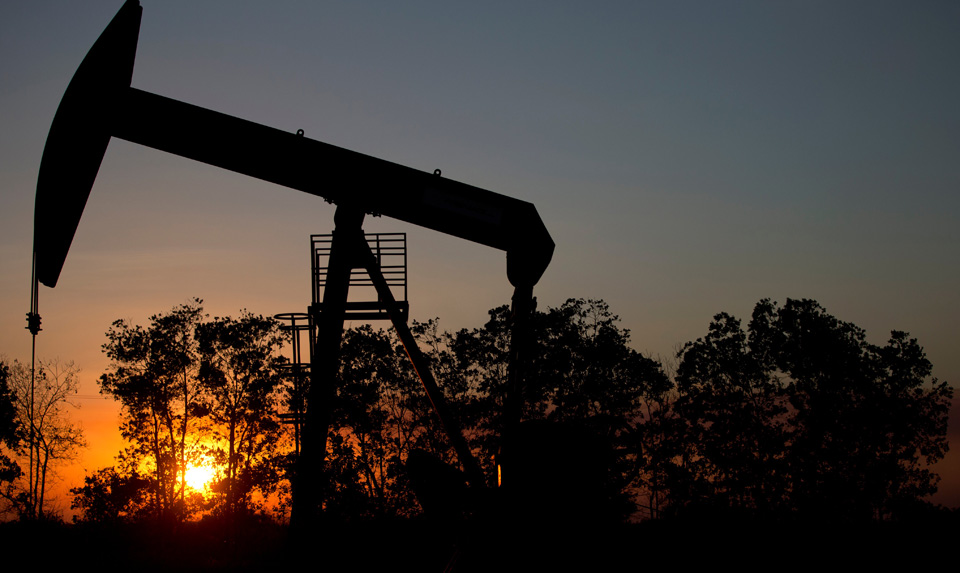
While I strongly agree with the tone and conclusions of Jesse Jackson’s article on the current economic and political crisis in Venezuela, I think he leaves out a lot of information – information that will be of interest to readers of People’s World.
Jackson correctly points out that Venezuela depends on petroleum for 90 percent of its exports and also notes that wild swings in petroleum prices have led to crises in the Venezuelan economy before. The difference is that under the Hugo ugo Chávez and Nicolás Maduro, the government has attempted to spread the misery that comes from low oil prices among all classes, while previous governments had concentrated the misery on poor and working-class Venezuelans.
Chávez and, to a lesser extent, Maduro, bear much of the blame, not for low oil prices, but for not taking significant steps to lessen Venezuela’s dependency on selling oil. It’s difficult to do any type of economic planning in an economy that depends on the sale of a volatile commodity. When commodity prices are high, dollars are plentiful, both from commodity sales and from the easy credit that comes when the economy is awash in dollars.
Easy access to dollars and credit makes investment in domestic markets difficult. It’s cheaper, at least in the short run, to just import the goods one needs. Chávez used Venezuela’s good times to radically increase social welfare programs for the poor but never made the important investments necessary in the nation’s domestic economy.
Poor Maduro is the scapegoat for the radical fall in the Venezuelan economy that has been created by extremely low oil prices. Unfortunately, his mentor prepared his fall by not making significant changes to the economy and lessoning Venezuelan dependence on oil. Just like under previous regimes, the economy has tanked as the price of oil has tanked.
What Jackson leaves out of an otherwise commendable article is the possible role that the U.S. and Saudi Arabia have played in the price of oil. While the rapid increase of natural gas supplies in the U.S. due to fracking and higher energy efficiency standards in all walks of U.S. and European life have led to sharp cuts in demand for oil, Saudi Arabia, perhaps in collusion with the U.S., has not cut back its production and export of petroleum, essentially dumping millions of barrels of oil on the market and causing prices to plummet further.
It’s in the strategic interest of the U.S. to maintain low oil prices. It benefits politicians domestically (everybody likes low gas prices) and strikes an economic blow at three particularly nettlesome U.S. antagonists: Venezuela, Russia, and Iran. I presume that Saudi Arabia’s interests lie primarily in hurting the Iranian economy. But they are also affecting their own economy as well. While I can’t point to a smoking gun of U.S.-Saudi collusion on oil prices, it certainly seems in the U.S. interest to keep them low.
– Laurent Ross












Comments